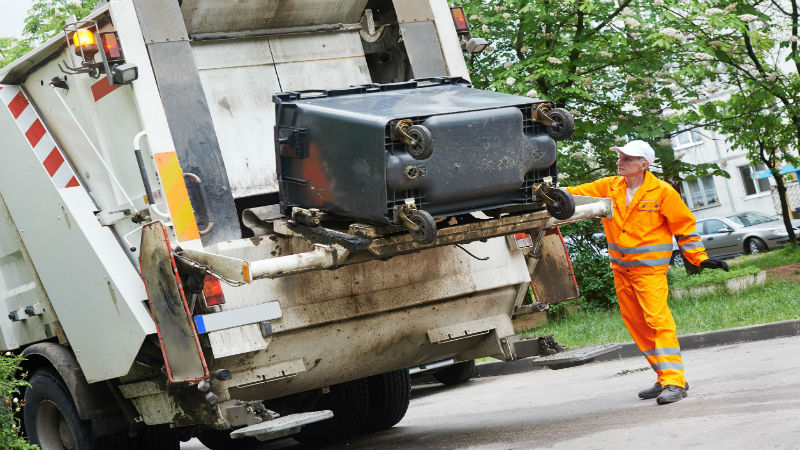Every Spring, when the trees start budding and the flowers bloom, your yard suddenly produces a lot of organic waste. All the clippings, trimmings, leaves, branches and pulled weeds seem to pile up faster than you can eliminate them! But before you call your local yard waste disposal in Naples, FL, to come and haul it away, consider these five innovative ideas to repurpose that material in your garden.
Mulching
Mulching is one of the most common ways to put yard waste to use. Shredded leaves, grass clippings and small branches can be utilized as mulch to:
• Suppress weeds
• Retain moisture
• Improve the soil in garden beds
Spread a layer 2-4 inches thick around plants. As it decomposes, it will add valuable organic matter to the soil.
Composting
Composting is the ultimate way to turn yard waste into black gold for your garden. Many types of compost bins and systems are available to suit your space. I recommend getting one with the following:
Airflow
Access doors
To make the process easy. Gather greens like grass clippings, fruit and veggie scraps and coffee grounds. Then add browns like dried leaves, branches, straw or shredded newspaper. Mix regularly to speed decomposition. In a few months, you’ll have excellent compost to amend garden beds or use for potting mixes.
Leaf Mold
Leaf mold makes a moisture-retentive soil conditioner. Just moisten a pile of fall leaves, keep them in a wire enclosure or trash can with drainage holes and wait 6-12 months for decomposition to work its magic. Then, rake off the top layers to use the crumbly leaf mold underneath in containers and garden beds. It’s an ideal lightener for heavy clay soils.
Chipped Branches
Chipped branches can become decorative mulch or pathways. Run pruned branches through a wood chipper. Use the chips to:
- Mulch flower beds and trees
- Create rustic garden pathways
- It’s an excellent alternative to bark mulch.
Re-growing Kitchen Scraps
Re-growing kitchen scraps like celery, romaine lettuce, green onions, basil, mint, and pineapples produce free plants for your garden. Just place the bottom 2 inches in a small water container and watch them sprout new roots and leaves. Then, you can transplant them into pots or garden beds. It’s a fun way to get extra mileage from your produce. For more details, visit Repurposed Material of Naples LLC.

